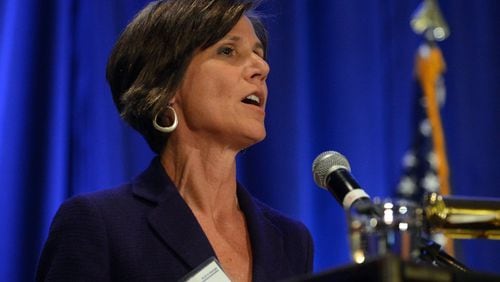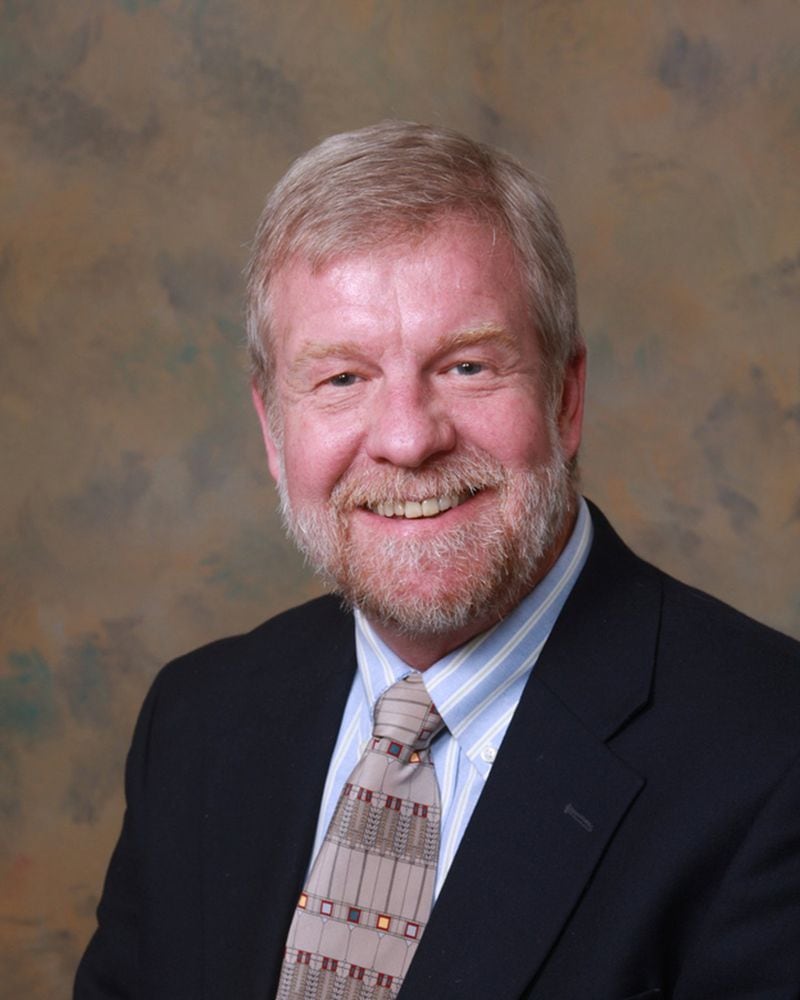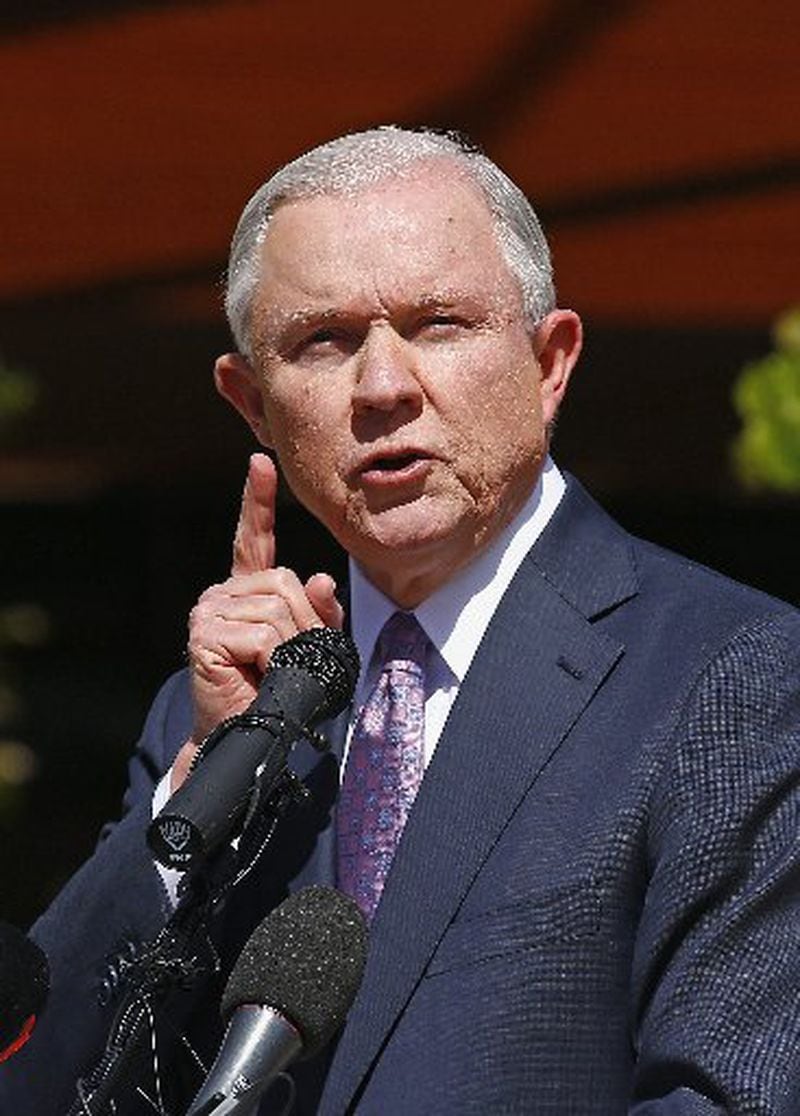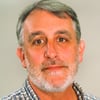A national panel of forensic science experts founded by the Obama administration accomplished a “remarkable” amount of work to ensure greater integrity of the justice system, the former chief medical examiner for Fulton County said Tuesday.
But now that Attorney General Jeff Sessions has decided not to renew the Justice Department's partnership with the National Commission on Forensic Science, "nobody's quite sure what's going to happen in the future," said Randy Hanzlick, a member of the commission.
Hanzlick, Fulton’s chief medical examiner for almost two decades until his recent retirement, spoke shortly after the commission adjourned its last meeting in Washington. The day before, Sessions let the panel know it was going to be dissolved.
“Every one of us knew or thought this news might be coming,” Hanzlick said. “But it was also pretty apparent that just about all of us felt the commission’s work should continue.”
The forensic panel had substantial connections to Atlanta. In addition to Hanzlick, the commission was co-chaired by Sally Yates, the former U.S. attorney here. She made news in January when President Donald Trump ousted her as acting U.S. attorney general after she refused to defend his travel ban against legal challenges.
Yates, who could not be reached for comment, praised the work of the forensic science panel last fall when it recommended new codes of professional responsibility and protocols for forensic examiners.
“(This) marks yet another step forward in the department’s efforts to strengthen the practice of forensic science in our nation’s laboratories and courtrooms,” she said. “We are continually looking at ways to ensure that forensic evidence is collected, analyzed and presented in a responsible and scientifically rigorous manner.”
Formed in 2013, the panel, composed mostly of scientists, doctors and lawyers, adopted about 40 recommendations for forensic science work nationwide. These included pushes to recruit more people to work in the field of forensic pathology, requiring forensic agencies to be accredited, and making sure judges and attorneys were better educated in the field of forensic science.
Jessica Gabel Cino, associate dean of Georgia State University law school, criticized Sessions’ decision to dissolve the commission.
“I think it’s short-sighted,” said Cino, who served on an advisory panel to the commission. “Forensic science as a field is starting to embrace scientific research, statistical modeling and other mechanisms aimed at improving accuracy and reliability in our justice system. This is going to curtail those efforts and affect the funding for them.”
An overriding goal of improving forensic science disciplines was “conviction integrity,” she said. “This decision doesn’t mean we’re going to go back to the Dark Ages, but it means we might not continue to improve.”
In a statement, Sessions said the Justice Department will soon appoint an internal “senior forensic adviser” who will work with the forensic science community. The department will also conduct an assessment of forensic science labs nationwide, examining their caseloads, backlogs, personnel and equipment.
“The availability of prompt and accurate forensic science analysis to our law enforcement officers and prosecutors is critical to integrity in law enforcement, reducing violent crime and increasing public safety,” Sessions said.
Hanzlick said members of the forensic panel should be proud of their work.
“They addressed fairly substantial issues, some of the major needs that exist today,” he said. “Somebody now needs to pick up the ball, not reinvent the wheel again, and make sure these recommendations are implemented.”
About the Author









